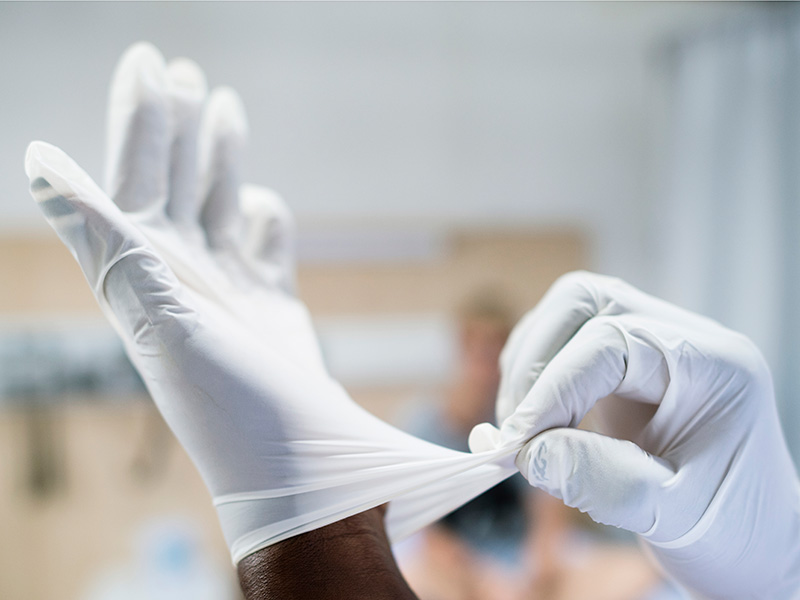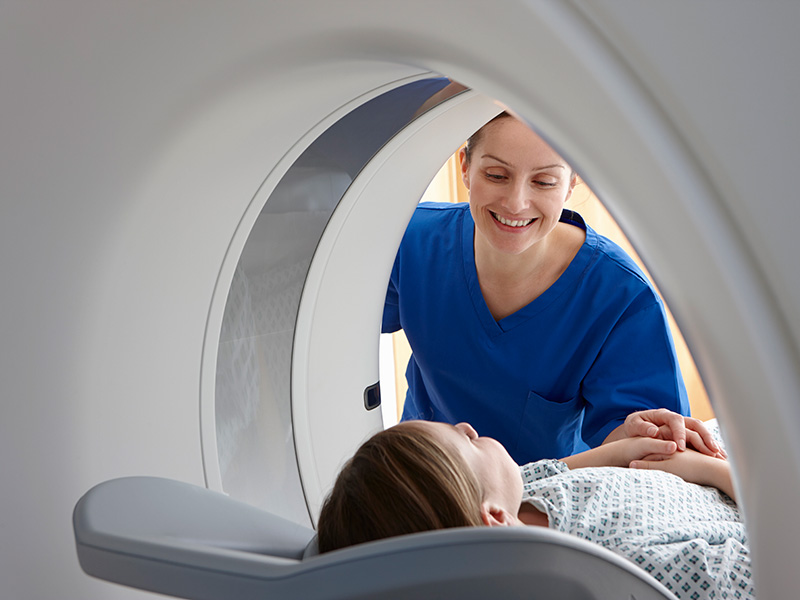United Lincolnshire Teaching Hospitals NHS Trust: Pioneering Procurement and Partnerships
At United Lincolnshire Teaching Hospitals NHS Trust (ULTH), procurement plays a critical role in improving patient care, driving efficiencies, and maximising cost savings. To explore how the trust is achieving these goals, we sat down with Sharron Reetham, Deputy Director of Procurement, to discuss the strategies behind ULTH’s success and the impact of its collaboration with NHS Supply Chain.
Our conversation with Sharron highlights key procurement initiatives that have helped ULTH exceed its cost improvement targets, streamline supply chains, and enhance clinical collaboration. These learnings not only showcase ULTH’s achievements but also offer insights for other trusts looking to optimise their procurement strategies.

ULTH’s initial cost improvement target (CIP) was £2 million, yet the team has achieved over £4 million. What key strategies contributed to this success, and how has NHS Supply Chain played a role?
ULTH drives efficiencies through its dedicated ICS wide procurement team, which works across multiple trusts and collaborates with NHS Supply Chain. This single-team approach allows us to negotiate contracts that leverage economies of scale for all trusts in Lincolnshire. By eliminating duplication and aligning similar projects, we act as a conduit between trusts, uncovering commercial opportunities that deliver greater value.
Congratulations on achieving teaching hospital status! How has this milestone impacted ULTH’s goals and growth?
Achieving teaching hospital status has fostered a culture of continuous learning and improvement. We’ve strengthened partnerships with Lincoln University and local education providers, creating opportunities for students to train in an acute care setting. This hands-on experience enhances their education and improves local recruitment. When students study and train locally, they are more likely to pursue NHS careers in Lincolnshire, which directly benefits our patients.
Kelly, part of the procurement team, led an innovation project on procedure packs, reducing them to essential packs only. What challenges did the team overcome in achieving this? What are the benefits?
Kelly and her team tackled this project by presenting their strategy to the board and quality assurance panels before rolling out any changes. They reduced stockholding to include only essential packs, which significantly cut costs and waste. Previously, large quantities of unused packs were being discarded. By working closely with clinicians to identify actual needs, and with our materials management team to streamline individual item selection, the team ensured procedure packs met requirements while delivering cost and waste reductions.
The team has also collaborated with NHS Supply Chain on various standardisation projects, including work on gloves and consumable efficiencies. Could you share some examples of the impact this has had on waste reduction and cost savings?
Collaborating with NHS Supply Chain on projects like standardising gloves has delivered multiple benefits. We now use standardised gloves across the acute trust, so staff encounter the same products regardless of site. This consistency simplifies inventory management and reduces waste, as our materials management team can control stock levels on fewer items. With fewer glove variants, we hold smaller stock quantities and have secured better pricing through bulk purchases. The next step is to expand this standardisation regionally, working with other trusts across the East Midlands to drive even greater efficiencies.
ULTH recently opened a Community Diagnostic Centre (CDC), a first in the country. What has been the impact of the CDC, and how has NHS Supply Chain supported this project?
In May 2022, we launched our first Community Diagnostic Centre (CDC) in Grantham, moving much of our diagnostic testing out of the acute hospital setting and into the community. Patients now appreciate the convenience of getting scans, blood tests, and ultrasounds closer to home. This success inspired us to establish additional CDCs, including new sites in Skegness and Lincoln which have opened in the last year.
The Skegness CDC, which opened recently, serves patients who struggle to reach acute hospitals. The expanded Grantham CDC and the Lincoln CDC provide essential services such as CT scans, MRIs, X-rays, blood tests, and chemotherapy, reducing health inequalities by bringing care closer to communities. NHS Supply Chain played a crucial role in efficiently procuring the necessary equipment, enabling us to open the centres on schedule.
ULTH’s procurement team includes a clinical specialist team that collaborated with NHS Supply Chain’s Home Delivery Service. How did this partnership enhance the new service rollout?
Our clinical specialist team partnered with NHS Supply Chain’s Home Delivery Service to integrate clinicians into the process early. This collaboration streamlined workflows, introduced clinical consumable upgrades, and delivered substantial cost savings. By involving clinicians from the outset, we ensured the changes aligned with their needs, improving outcomes for both staff and patients.
Looking ahead, what are some of ULTH’s future goals or areas of focus in procurement and clinical collaboration?
We plan to continue refining our procurement processes while integrating clinical and operational needs more effectively. Expanding collaboration with regional colleagues will allow us to pursue wider standardisation efforts. Additionally, we aim to extend our services to primary care providers in Lincolnshire. With NHS Supply Chain as a partner, we look forward to uncovering further efficiencies that enhance care for patients and support our staff.
What’s next?
ULTH’s success demonstrates the power of strategic procurement and collaboration. To explore opportunities to optimise procurement, reduce waste, or enhance clinical collaboration please contact your ICS Manager.
See our Useful Links section for contact information for our Hospital Care team – ICS Managers and regional leads.

Links section
-
Hospital Care Team
Contact details for our ICS Managers.
-
Home Delivery Service (HDS)
Enabling trusts to place orders for products to be delivered directly to patients.
-
Examination Gloves
The Contract Information Page for Examination Gloves.
